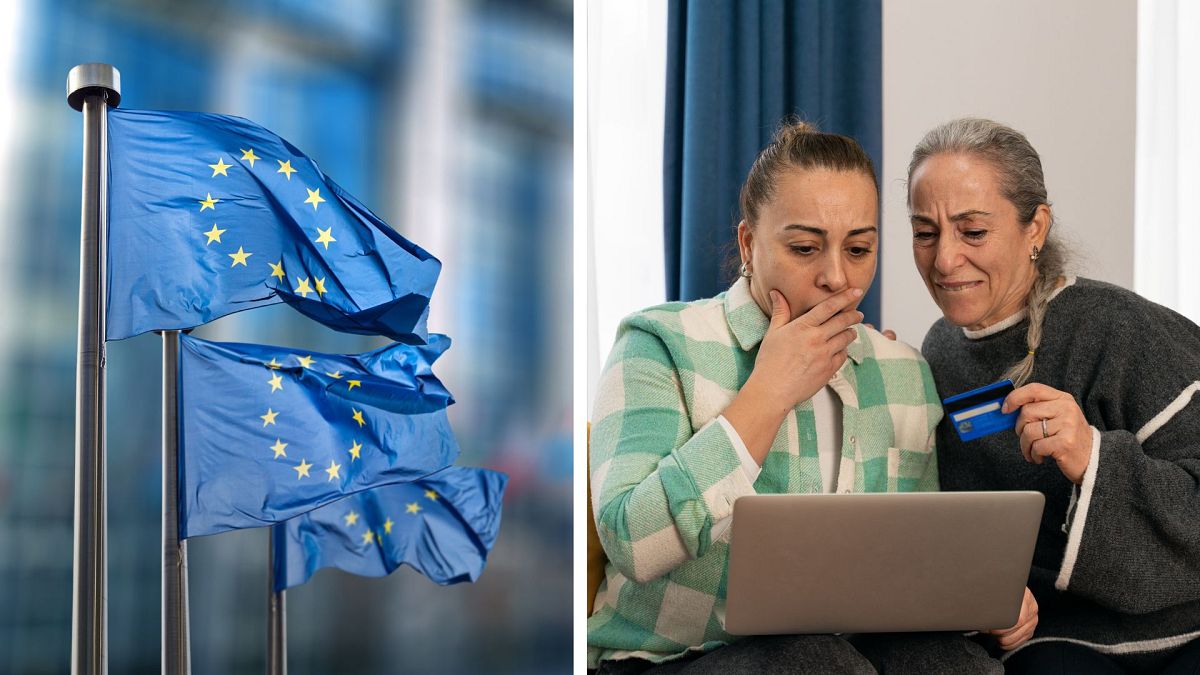The UK’s Electronic Travel Authorisation (ETA) system has officially expanded to European travellers.
Starting 2 April 2025, all EU (except Irish nationals), EEA, and Swiss citizens need ETA approval to enter the UK.
The system became mandatory for travellers from the US, Canada and Australia on 8 January 2025, following its rollout last November for nationals of Bahrain, Jordan, Kuwait, Oman, Qatar, Saudi Arabia and the UAE.
To obtain the visa waiver, which costs £10 (€12) from today or £16 (€19) from 9 April, travellers need to complete an online process - but some British citizens with dual nationality are already flagging issues.
How to apply for the UK’s ETA visa waiver
Travellers can either use the official mobile app, which can be downloaded from the UK government website, or apply online here.
To complete the application, you need the passport you'll be travelling on, an email address and a credit card, debit card, Apple Pay or Google Pay. You will have to answer a set of suitability questions. You don't need to enter your travel details.
The government advises applying at least three working days before your trip.
You can delete the app when you’ve finished applying. Your ETA will be linked to your passport digitally, and you will not need to show anything else when you enter the UK.
Though it seems pretty simple, the application process has left a handful of British dual nationals confused about whether they need to apply for the visa waiver or not.
ETA application issues for British dual nationals
In theory, British citizens with dual nationality do not need ETA and should be able to travel to the UK on whatever passport they choose.
But confusion has arisen for those who don’t have a British passport because theirs is expired, lost, or they were never issued with one.
If they choose to travel on their EU passport, the process of applying for ETA - and whether it is necessary - remains unclear.
The ETA application form asks travellers to declare any other nationalities, but the drop-down menu does not give the option to select ‘British citizen’.
Should British dual nationals continue with their application without declaring their ‘secondary’ nationality, they would theoretically be forced to give misinformation about their dual nationality.
Euronews Travel posed the question to an ETA advisor from the Home Office on their web chat.
The advisor refused to give guidance about not declaring British nationality on the ETA form. They stated that if you are a dual citizen with British/Irish citizenship, you do not need an ETA.
However, “you prove your permission to travel using your valid British/Irish passport or other passport containing a certificate of entitlement to the right of abode in the UK.”
When asked what to do if the traveller is not in possession of any of these documents, the advisor responded, “You either need to apply for a British passport or a certificate of entitlement”.
Renewing a UK passport from overseas costs £101 (€123), while a certificate of entitlement comes with a £550 (€658) fee. Both application processes take several weeks.
Euronews Travel has reached out to the Home Office for official guidance.

 1 day ago
2
1 day ago
2






 We deliver critical software at unparalleled value and speed to help your business thrive
We deliver critical software at unparalleled value and speed to help your business thrive






 English (US) ·
English (US) ·